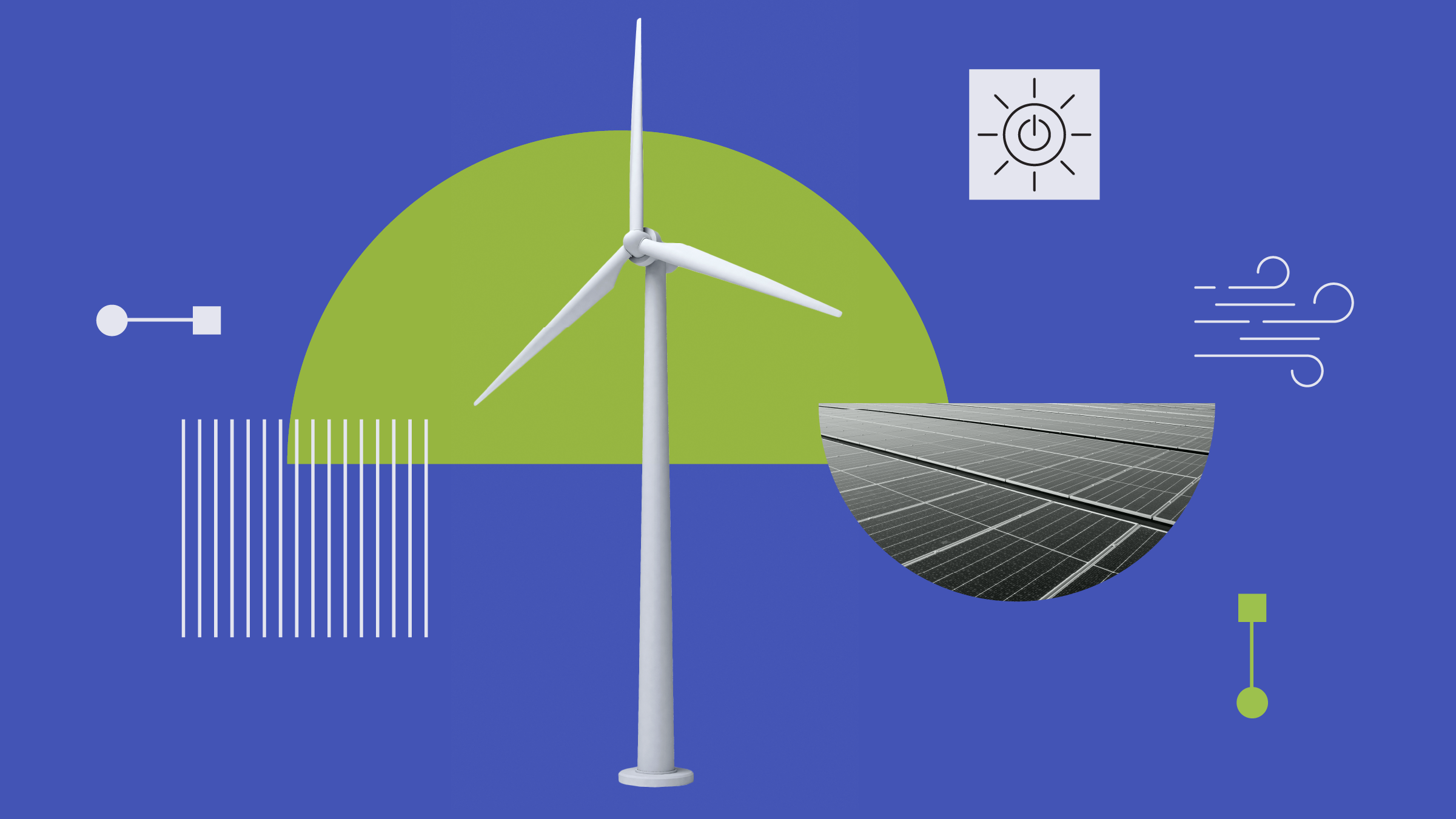How can savers and investors make the most of their ISA allowance? Read our special report to find out.
Why is an ISA Tax Free?
ISA investments don’t need to be declared on your annual tax return. Tax is not payable on income or interest and investments held within an ISA are not subject to Capital Gains Tax upon sale, regardless how well your investments have performed. In theory, ISAs can be subject to Inheritance Tax, however, so we would recommend financial advice if you are using them as part of estate planning.
How do the Limits Work?
Our article explains the limits in detail. But it's worth thinking of the £20,000 as the overall limit. You can have £10,000 in a Stocks and Shares ISA and £10,000 in a Cash ISA, or £5,000 in cash and £15,000 in shares - but you have still met the £20,000 limit.
Products like the Help to Buy and Lifetime ISA have their own limits that will reduce your overall allowance.
For example, if you took out the full Lifetime ISA this year, putting away £5,000 (including the £1,000 Government bonus), that would cut your remaining limit down to £15,000.
What About Junior ISAs?
You can fill up your ISA allowance AND contribute to a Junior ISA in the same year. You can also invest in shares AND cash for your child or grandchild, even though the child themselves can't invest in the stock market until they are 18. The Junior ISA holder can contribute their own money to a Cash ISA from the age of 16, although they can't access it until they are 18. The 16-year old also gets their own ISA allowance from that age, so they effectively have a limit above £24,000 for two years. From 18 he/she is free to withdraw the money and do as they please with it!
Is the Limit Per Household?
No, it’s per individual. So a married couple or those in a civil partnership effectively have a £40,000 limit.
What Happens if I Move Abroad?
You can keep your ISA open but you can't contribute any more after the tax year you moved abroad. You need to tell your ISA provider if you are no longer UK resident. The gov.uk website has full details.
Is the ISA My Only Option for Tax-Free Investing?
National Savings and Investments offer products with tax-free returns such Premium Bonds. You can earn up to £1,000 in savings interest tax free, with that rate dropping to £500 for higher-rate tax payers. This is in addition to your ISA.
How Does HMRC Know if I Go Over My Limit?
ISA providers are obliged to provide contribution histories to HMRC. If you go over your limit without realising it, HMRC will contact you and you can arrange to correct the underpaid tax.
Do I Have to Stick With My Bank for an ISA?
No, you can split your ISA savings and investments across different providers. For example, someone could have a Cash ISA with a building society, their Stocks and Shares ISA with a investment platform, their Junior ISA (cash version) with a bank and a Junior ISA (stocks and shares) version with a different provider altogether. Obviously this duplicates the paperwork involved but people are free to choose based on fees, interest rates and terms.
Is There a Lifetime Allowance?
No, unlike the pension there is no lifetime limit on ISAs. But they can form part of your estate for inheritance tax purposes. So while an individual can benefit from tax-free interest and gains throughout their life, their estate could be hit with a 40% bill on death - if the nil-rate band is breached.
Can I Roll Over My Allowance?
No, it's a "use or lose it" allowance based on tax years. If you open an ISA in one tax year and don't use your full allowance, that portion of unused allowance cannot be used again.
Do I Have to Put £20,000 in One Go?
Plenty of advisers recommend against this strategy, and many ISA providers offer a drip-feed option to avoid trying to time the stock market. For cash, you can invest the whole sum on day one of the new tax year, make monthly payments or pay in on a more ad hoc basis.
Can I Withdraw Money Then Put it Back In?
Yes, although the terms of these withdrawals depend on whether you have a "flexible" ISA.
Is There a Minimum Amount?
Many cash providers ask for a minimum contribution of just £1. And many Stocks and Shares ISAs ask for a minimum monthly contribution of £25 a month, the equivalent of £300 a year.




























